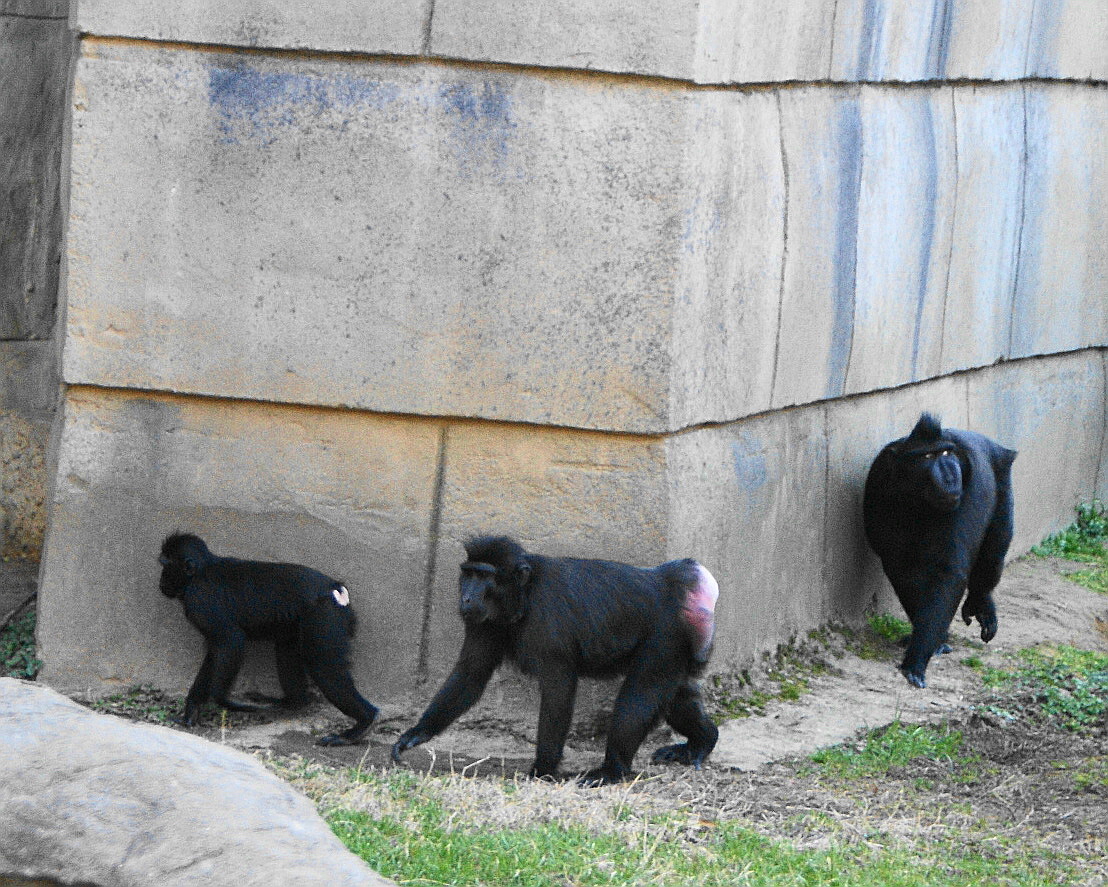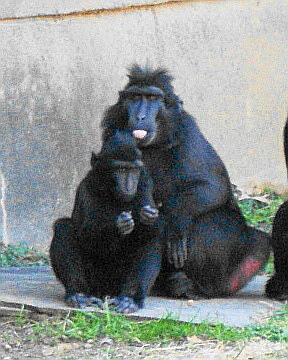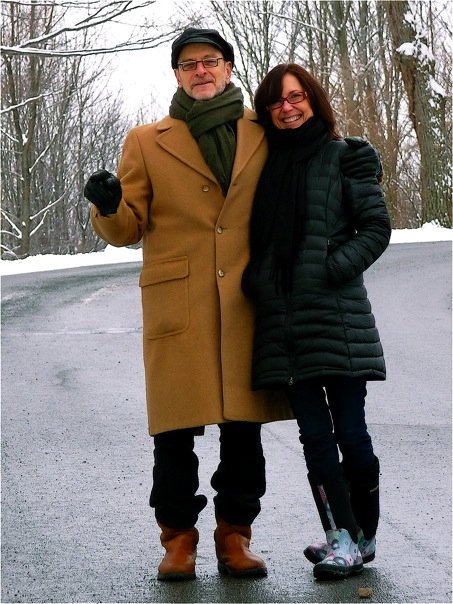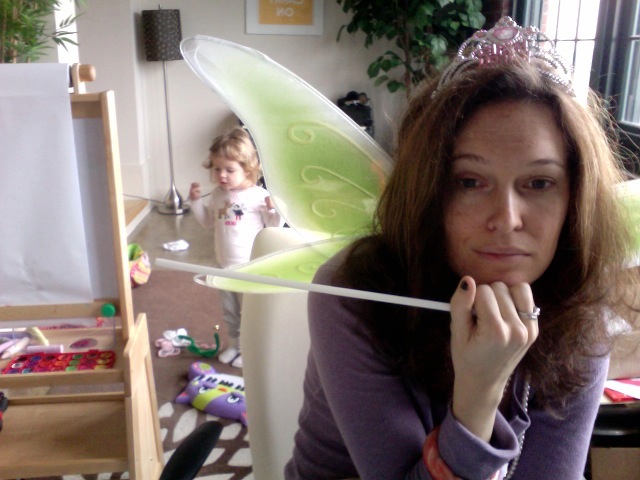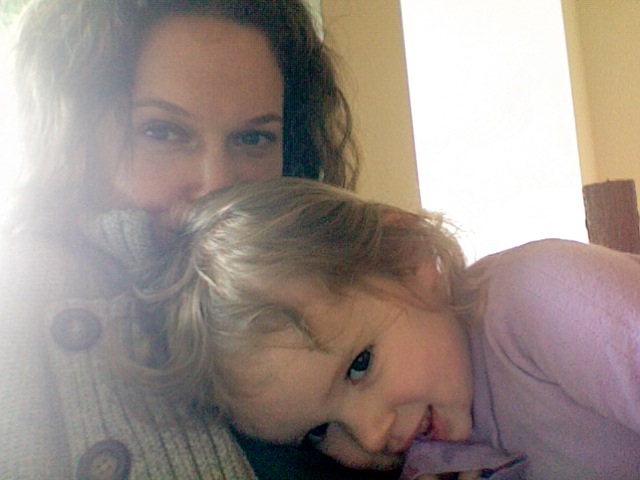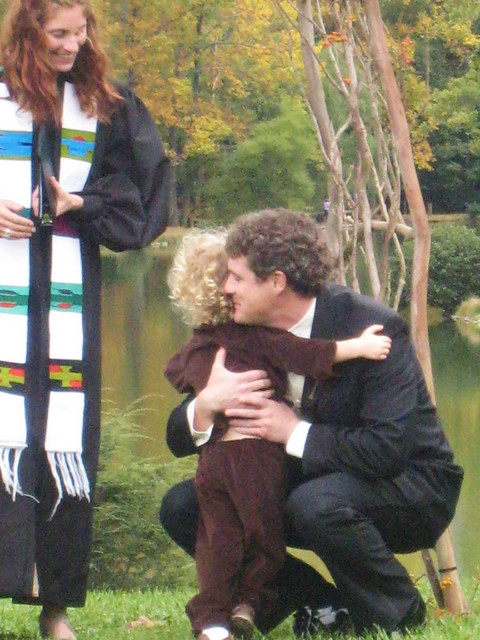primates: the first makeshift moms
March 5th, 2010 by msrevolution[sources for this post may be found on the bibliography page located in the sidebar to your right.]
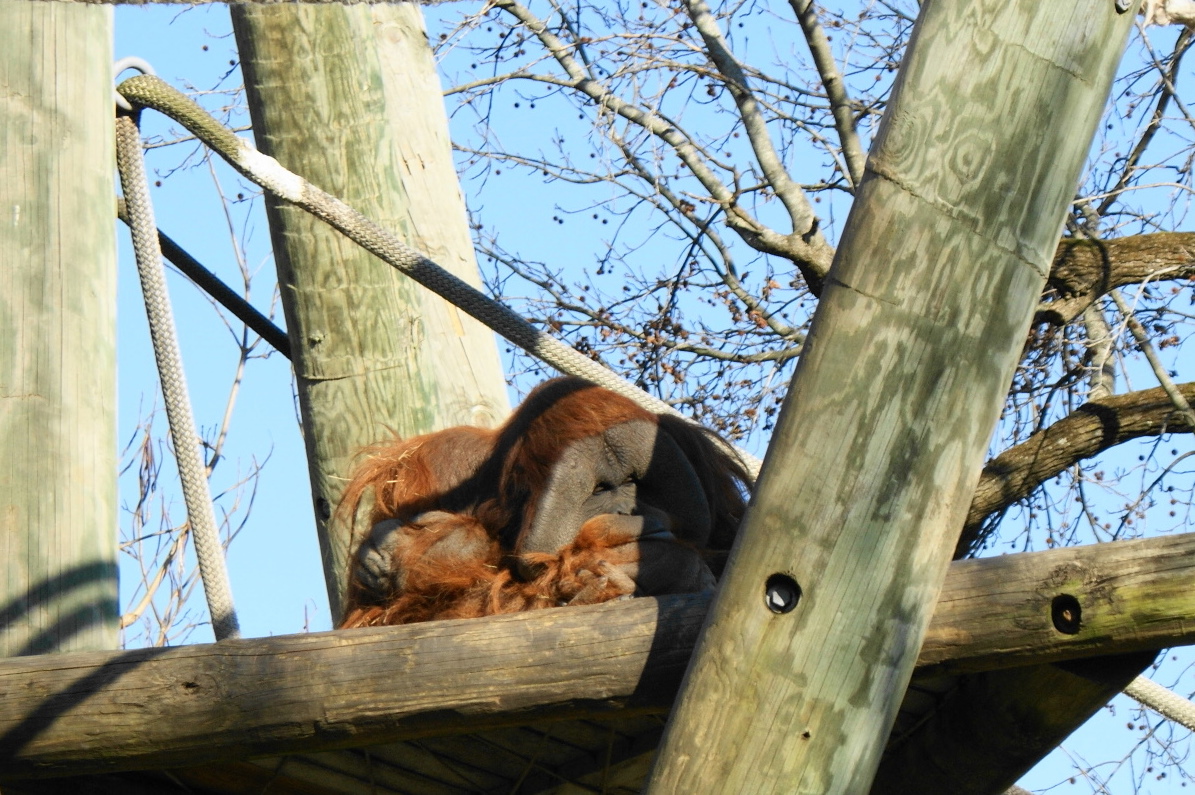
i’ve already lamented that our society’s motherhood prototypes are extremes that are not available (or even desirable) to many of us. apparently, i am not the only one desperately looking for moms who model a different way. sarah blaffer hrdy, an anthropologist trained in sociobiology, was on this search too, only she turned to our primate ancestors and documented her findings in her 1999 book, mother nature.
hrdy’s study of primate mothers revealed that they were concerned with both the hands-on nurture of their children and the exercise of seeking status in their communities. for example, chimpanzee mothers worked hard to secure high-demand commodities like food and shelter. “their ambition helped their children to survive and, as a result, was the ultimate form of mother care” (warner, 151). it is part of our “evolutionary history” to want to care for our children and contribute to our communities in ways that benefit ourselves and others (warner, 151).
the difference is that in primate communities, these two instinctual needs were integrated and supported. there were ways for primates to develop a sense of agency while their children were only an arm’s reach away. the notion that women must choose between child-nurture and status/agency is a product of the culture we’ve created and not a sign of our natural tendencies.
if you’re not into the evolution thing, please don’t go apeshit! at the very least, primate life can inspire us to try to integrate the elements of life that matter instead of choosing between them.

